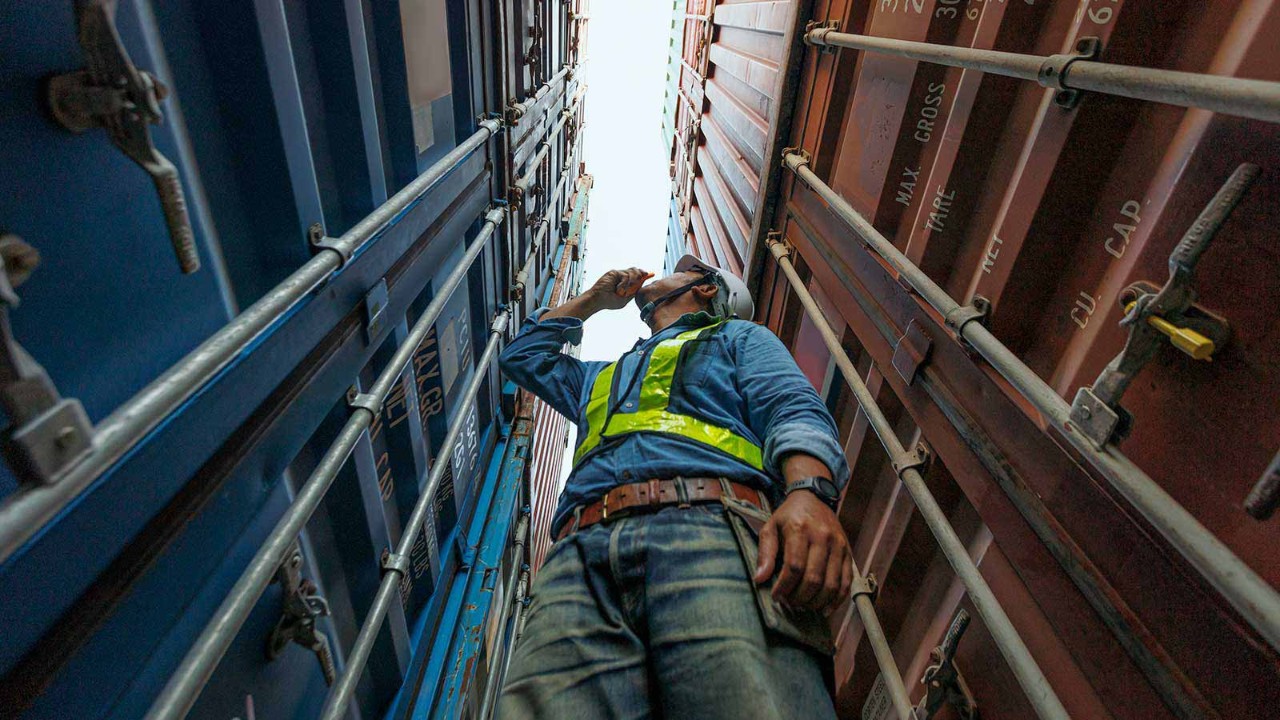
Recent analysis of supply chains by Centennial Asia Advisors has highlighted four key themes. First, restructuring seems to be speeding up. Secondly, there is more re-shoring and near-shoring in addition to the offshoring of production, which is a potential bonanza for Asian economies.
Thirdly, production is being relocated out of China despite its extraordinary competitiveness. And, finally, it is not just manufacturing that is undergoing restructuring – there is also evidence of more offshoring of business services.
Good for Asia
These trends are significantly positive for developing Asian economies, especially India and South-East Asia.
There has been a spate of announcements by companies of their plans to reorganise production. This mostly involves companies diversifying production away from China. Apple is doing so, with about 7% of its iPhones now made in India, up from barely 1% in 2021. The plan is for this share to surge in coming years.

46% of surveyed CEOs expect to execute a re-shoring strategy in the next three years
Apple is also being followed by its largest contract manufacturer, Foxconn, which has announced intentions to invest about US$700m in the manufacturing of phone components, as well as iPhones. Foxconn plans to raise production of iPhones to around 20 million units annually by 2024 and roughly triple the number of workers to as many as 100,000.
Not surprisingly, other contract manufacturers, including Pegatron and Wistron, have also indicated their intentions to construct plants in India. The process is spreading to other industries as well. Siemens is said to be considering adding factories in Indonesia, Vietnam and Thailand.
There are signs that more firms are now considering near-shoring, where producers shift production to a low-cost production base close to the final market. Mexico has been a huge winner from this trend. Many US and European companies, such as Tupperware, Hasbro, Tesla, and Mattel, have added production capacity in Mexico in 2022.
In addition, re-shoring, where production shifts to the developed country’s home base, could also accelerate. The Kearney Re-shoring Index for 2022 found that 46% of surveyed CEOs expect to execute a re-shoring strategy in the next three years, more than double from 2021. Many companies appear to be re-shoring to gain from the Biden administration’s Inflation Reduction Act, which offers substantial financial incentives to do so.
Compelling case
India has gone from making 9% of the world’s smartphone handsets in 2016 to a projected 19% this year, according to Counterpoint Technology Market Research.
Companies are finding ways to mitigate higher costs by getting their efficient sub-contractors and suppliers to move with them to create a viable ecosystem elsewhere. Over time, they believe they can bring costs down in India.
The coming years will see substantially more supply chain reconfiguration
The Big Four accounting firms — Deloitte, PwC, EY and KPMG — are reported to have established significant offshore presences, notably in India, to streamline their operations and provide round-the-clock service to clients.
PwC US, for example, has what it calls ‘acceleration centres’ in Malaysia, Argentina, China, India, Mexico and the Philippines. Deloitte’s US business employs almost as many people outside the US as it does within the country. In Asia, we believe that India and the Philippines will be winners from this trend, even as others such as Malaysia also benefit.
The coming years will see substantially more supply chain reconfiguration, resulting in a surge in foreign direct investment into economies that offer relatively skilled workforces at a low cost, but which also offer good trade connectivity through extensive free trade agreements.
Vietnam has been the big winner so far, but as the reconfiguration speeds up, countries such as India and Indonesia that offer the attraction of large and growing consumer markets of their own will also gain.




